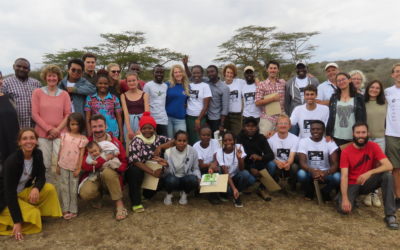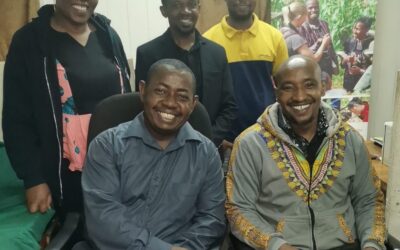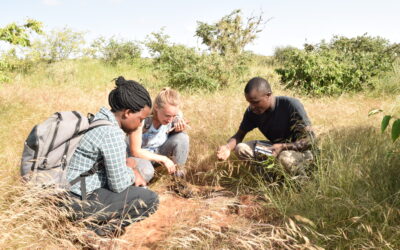“This follow up workshop will be a great opportunity for the participants to identify emerging issues in their data and enhance their skills in the overall management of their citizen science projects. It will be a much-needed effort in producing citizen science managers who can provide high-quality data and information in areas relevant to policymakers” says TBA Director DR Rosie TrevelyanThe training workshop is organized by the Tropical Biology Association as part of the activities under the Citizen Science in for Conservation Africa – CISCA; CISCA is collaboration led by the Tropical Biology Association and involving University of Cambridge, the British Trust for Ornithology, the National Museums of Kenya, and the Kenya Bird Map Committee with funding from the Cambridge Conservation Initiative. The workshop also involves A Rocha Kenya, who together with the Nature Kenya, and the Tropical Biology Association, and the museum’s founded the Kenya Bird Map project. The next and final event under this project will be a stakeholder forum to happen in the UK in 2020.
Back in the field
Back in the field The Tropical Biology Association was delighted to return to the field - taking 24 students to Mpala Research Centre in Kenya for four weeks this summer. For the last two years, we have been providing very successful online courses, but this was the...



